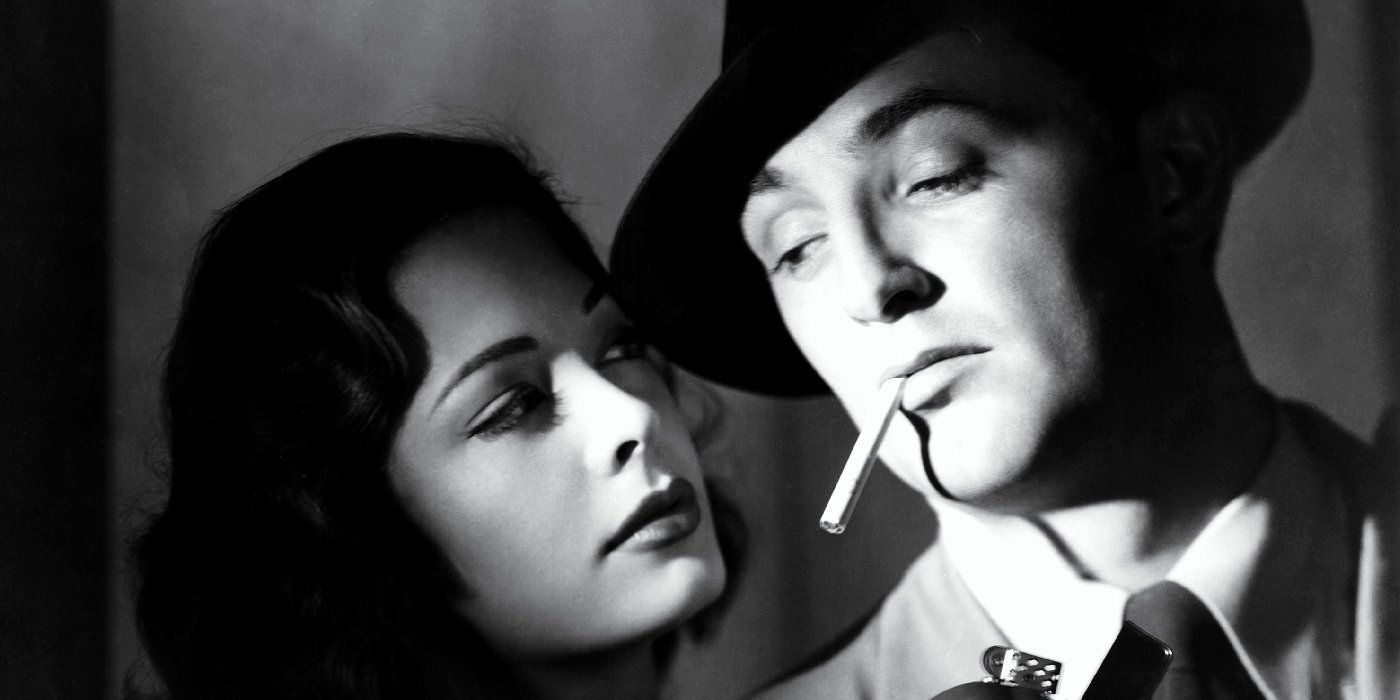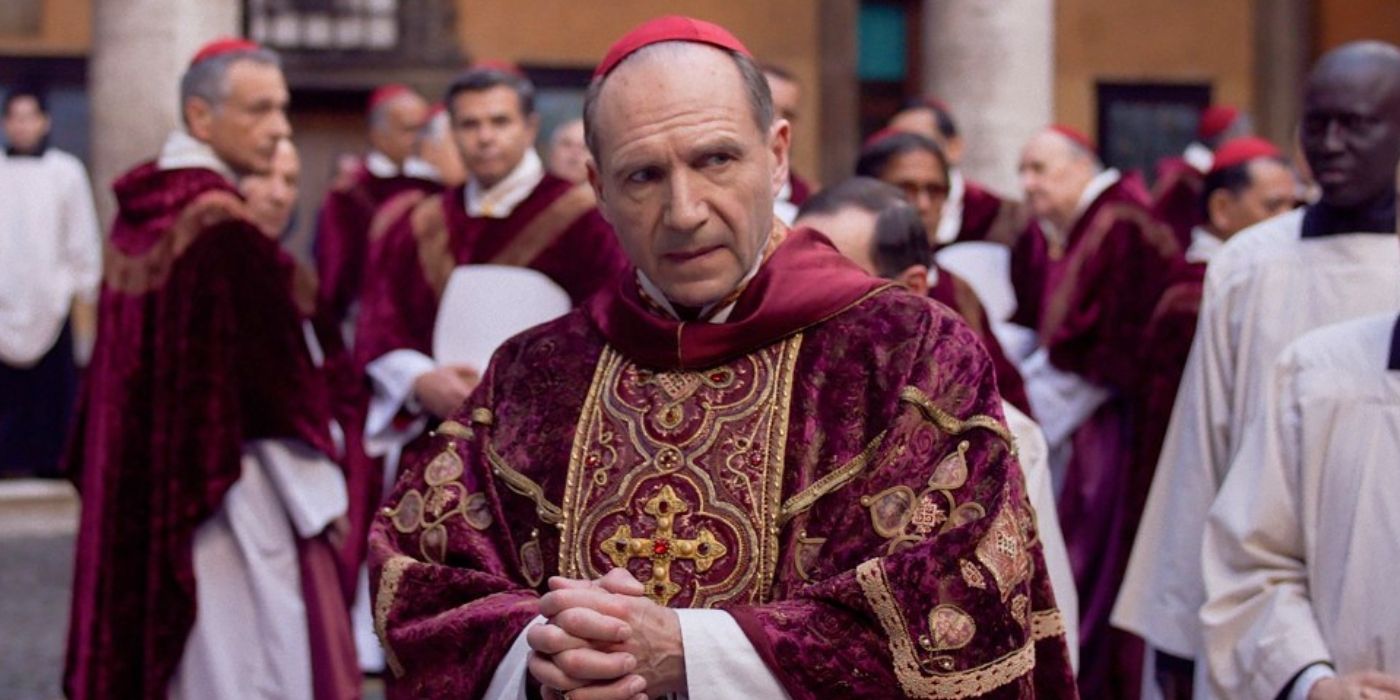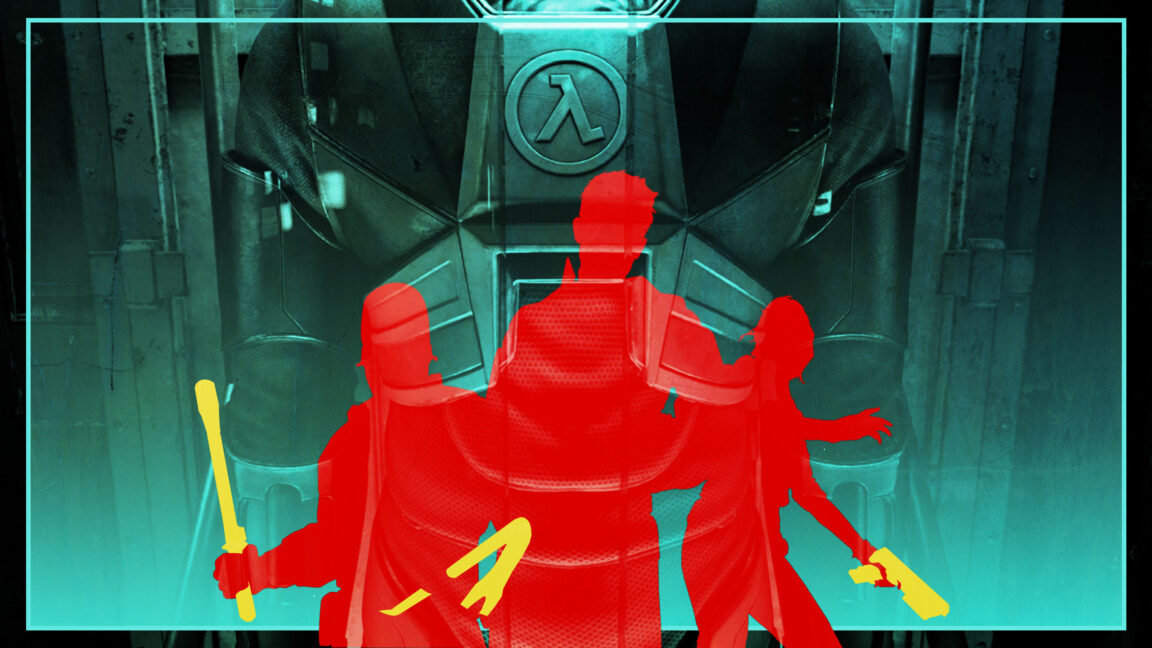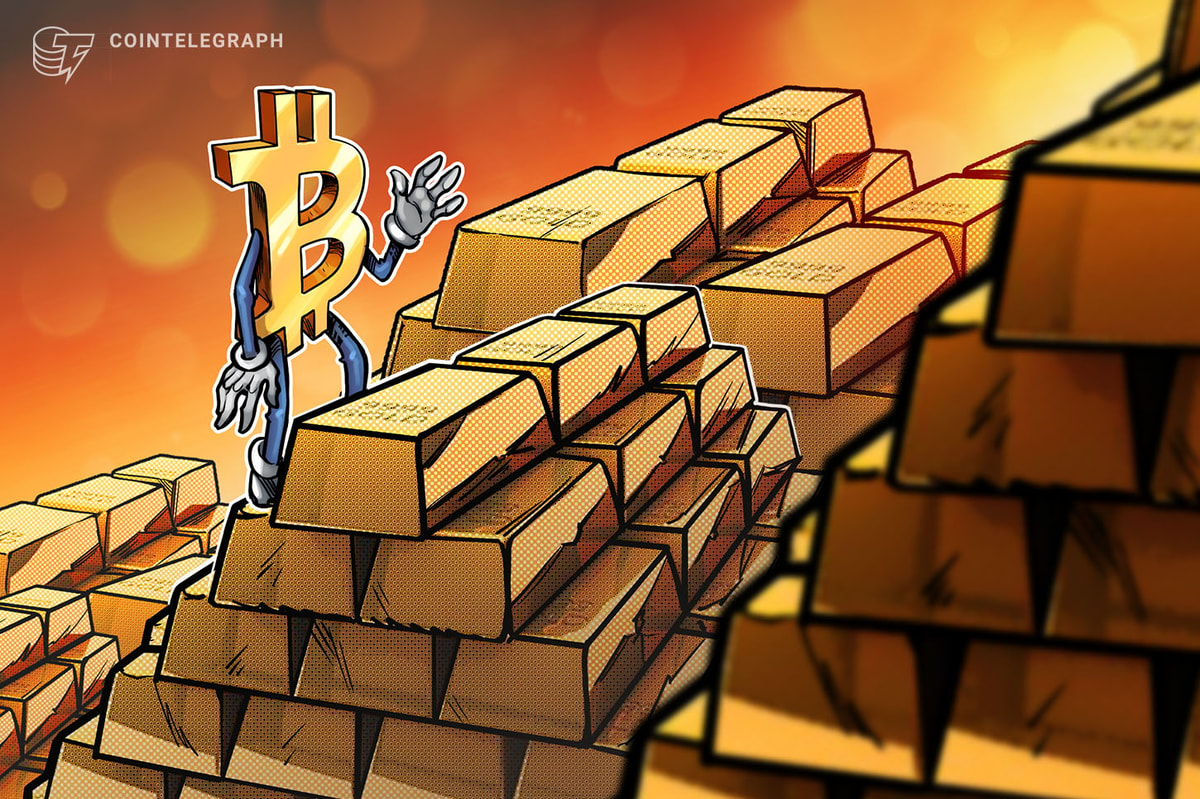In Hollywood's rich history, Robert Mitchum stands as a truly unique and intriguing figure. Despite his undeniable acting chops, Mitchum is often overshadowed when fans talk about the greatest stars of all time. However, it is Robert Mitchum's distinct combination of subtlety and intensity that truly sets him apart, earning the admiration of heavy hitter critics like Roger Ebert, who famously regarded him as "my favorite movie star."
Mitchum's career, which spanned over five decades and included pivotal roles in films like Cape Fear and The Night of the Hunter, often goes uncelebrated. While many of his contemporaries have been recognized as among the most influential actors of all time, Mitchum's achievements are often criminally unheralded. However, legendary critic Roger Ebert correctly pointed out that Mitchum deserves to be placed at the pinnacle of movie history.
What Roger Ebert Said About Robert Mitchum Explained
The Renowned Critic Loved Mitchum's Mix of Charisma And Danger

Upon Mitchum’s death in 1997, Ebert laid down his marker, writing on rogerebert.com:
“Robert Mitchum was my favorite movie star because he represented, for me, the impenetrable mystery of the movies. He knew the inside story. With his deep, laconic voice and his long face and those famous weary eyes, he was the kind of guy you'd picture in a saloon at closing time, waiting for someone to walk in through the door and break his heart.”
Mitchum's film performances showcase his unique on-screen persona, dancing between menace and magnetism with his exceptional ability to infuse morally ambiguous characters with true depth and nuance. In Out of the Past, Mitchum's portrayal of shady private eye Jeff Bailey is wrapped up tight, all internal struggles and moral dilemmas filtered through minimal dialogue and inscrutably subtle expressions. This film noir, a favorite of genre uber-fans, is a textbook example of what Mitchum did best: serving up complex emotions with understated grace.
But in maybe his finest on-screen moment, The Night of the Hunter featured Mitchum as demonic Reverend Harry Powell, a role that perfectly married charm with menace. Ebert noted the character's "haunting blend," as Powell’s calm demeanor slowly unwraps to display the chilling darkness within.
That movie’s infamous "love, hate" monologue remains one of film's most unforgettable scenes, featuring Mitchum's hands serving as a gripping metaphor for good and evil. However, it’s Mitchum’s voice that really delivers the goods, perfectly varying in tone and pacing as the unhinged pastor's mask slips, his measured intensity ratcheting up into truly sinister places. Mitchum's delivery elevates what could have been a straightforward sermon into one of cinema’s most transcendent moments. Across so many of his parts, Robert Mitchum explored the complex interplay between darkness and light, a characteristic Ebert found both intriguing and mesmerizing.
Just How Big A Movie Star Is Robert Mitchum?
He Never Received The Acclaim Of Some Contemporaries -- But He Still Cast A Giant Shadow
While a favorite among film noir and Western enthusiasts, Mitchum never quite achieved the same level of mainstream fame as some of his contemporaries. On the American Film Institute's 1999 "100 Years... 100 Stars" list, Mitchum secured the 23rd spot among male actors, a respectable yet niche placement. Considering the evolution of cinema since then, it's conceivable that contemporary stars like Tom Hanks, Daniel Day-Lewis, or Denzel Washington might likely surpass him in future rankings.
Mitchum's death on July 1, 1997, just a day before Jimmy Stewart's passing, highlighted the contrasting legacies of the two larger-than-life acting giants. While Stewart was celebrated as the quintessential Western everyman hero in films like Winchester '73 and The Man from Laramie (to say nothing of the eternal holiday classic It’s a Wonderful Life), Mitchum stood out as the equally quintessential anti-hero.
While Stewart’s work celebrated hope and triumph, Mitchum's roles dripped with gritty realism and moral ambiguity. His characters ran counter to conventional storytelling, challenging viewers to peer into humanity's dark heart. Characters like struggling alcoholic Sheriff J.P. Harrah in El Dorado (paired with fellow screen legend John Wayne) crystallize Mitchum’s singular blend of vulnerability and resilience, inviting audiences to question the nature of good versus evil.
While stars like Stewart, Wayne, and Humphrey Bogart defined heroic ideals in revered classics like Mr. Smith Goes to Washington, The Maltese Falcon, and The Searchers, Robert Mitchum's nuanced work in films like Out of the Past or The Story of G.I. Joe often remained largely unseen and far less honored. However, Roger Ebert's admiration for Mitchum should serve as a testament to the actor's unique contribution to movies. It’s an acknowledgment that true greatness doesn’t always have to come from the shining light of a traditional leading man. It’s just as possible to be found lurking in the morally gray shadows.
Sources: RogerEbert, AFI








:quality(85):upscale()/2024/11/15/862/n/1922153/911b7d1c6737a4111b6008.57513343_.png)
 English (US) ·
English (US) ·